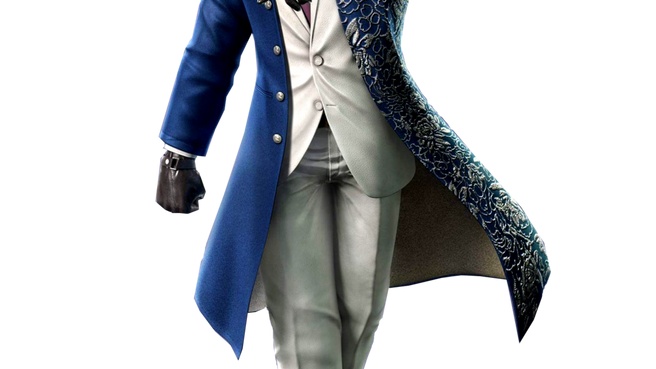

Fury Combat UI
Fury Combat – UI Design Summary
Fury Combat is a high-intensity, first-person shooter game with a fast-paced, action-heavy style. The user interface (UI) was crafted to support the player’s need for rapid information, real-time reaction, and immersive feedback, all while maintaining visual clarity under pressure.
UI Design Goals
-
Deliver a military-grade tactical UI that supports the player in fast decision-making.
-
Keep visual elements minimal, sharp, and aggressive in tone to match the game’s name and energy.
-
Provide instant clarity on critical elements like ammo, health, stamina, weapon status, crosshair, and hit feedback.
Key Features of the UI:
-
Crosshair System:
-
Dynamic crosshair that responds to player movement, shooting, and weapon type.
-
Changes color on hit to provide instant feedback.
-
-
HUD Elements:
-
Ammo count with digital-styled font, flashing when low.
-
Health bar and stamina bar placed at the bottom-left, using clean progress bars with pulse effect when dangerously low.
-
Weapon icon and switch indicator for up to three weapon slots: Bullet Gun, Gravity Gun, and Black Hole Gun.
-
-
Hit FX & Damage System:
-
Red vignette screen flash on damage.
-
Enemy hit indicators with hit markers and blood FX.
-
“Enemy Killed” notification with count tracking.
-
-
Pause & Settings Menu:
-
In-game pause menu with Resume, Audio, Controls, and Quit options.
-
Toggle buttons for SFX and background music.
-
Gamepad and keyboard input support with visual cue updates.
-
-
Game Over Screen:
-
Shows cause of death, retry option, and return to main menu.
-
Minimalist cinematic style with blurred background and grayscale fade.
-
Design Inspiration:
The UI draws inspiration from Call of Duty, PUBG, and Apex Legends, balancing realism with intuitive play. I leaned into a metallic and HUD-layered look to suggest futuristic military gear, reinforced with red-orange highlight tones to convey urgency and aggression.
Tools Used:
-
Unity (UI Toolkit & Canvas System)
-
Photoshop for icons and FX overlays
-
Figma for layout planning
-
Custom shaders for UI transitions (fade-in, flash FX, etc.)













